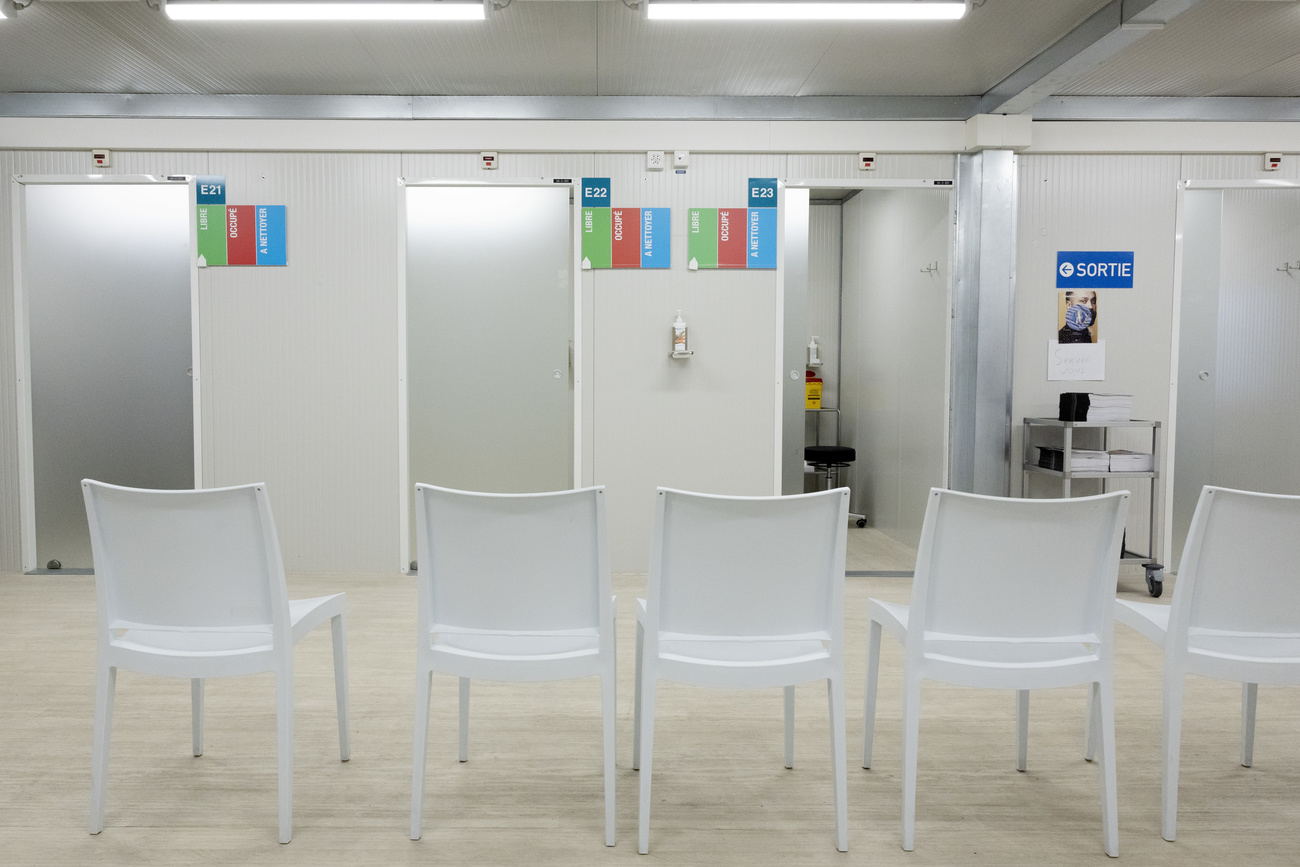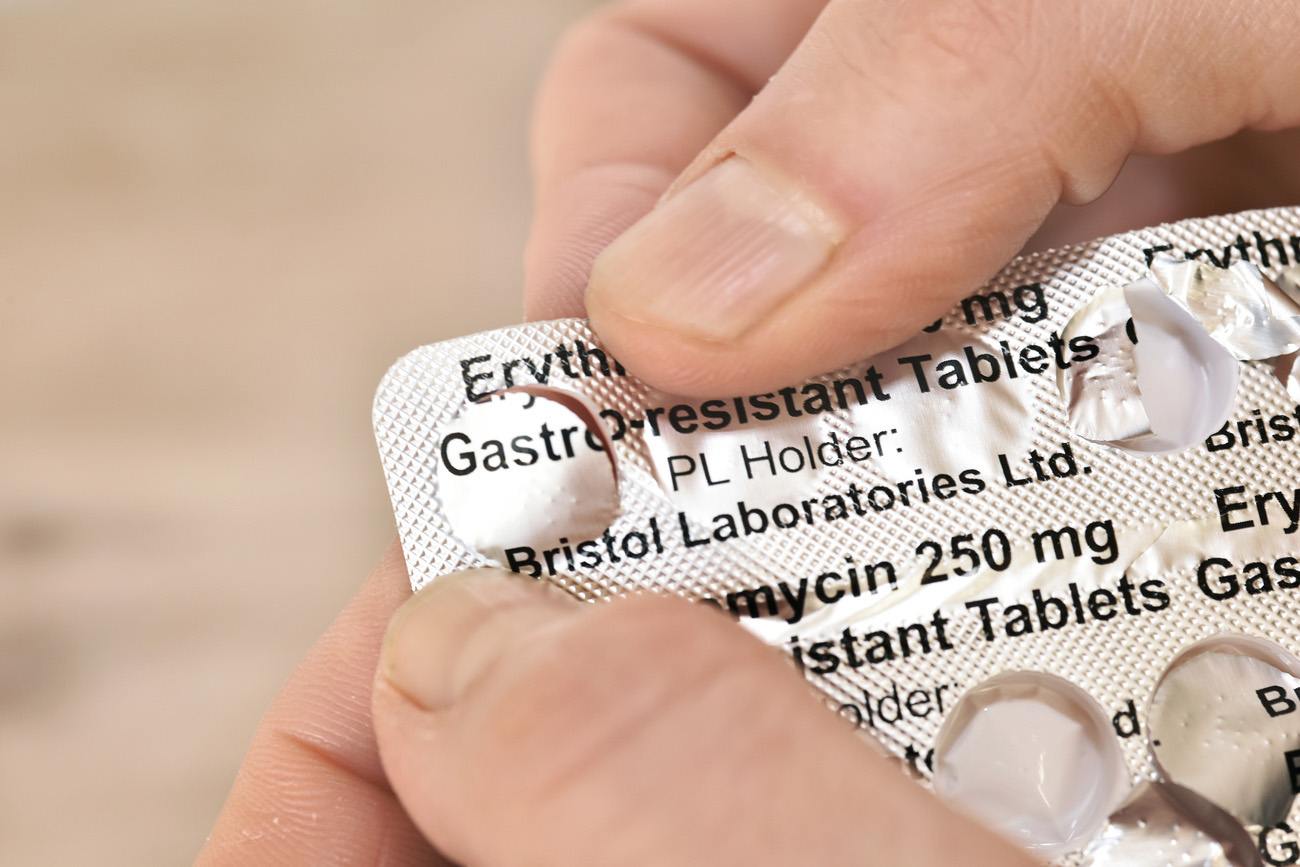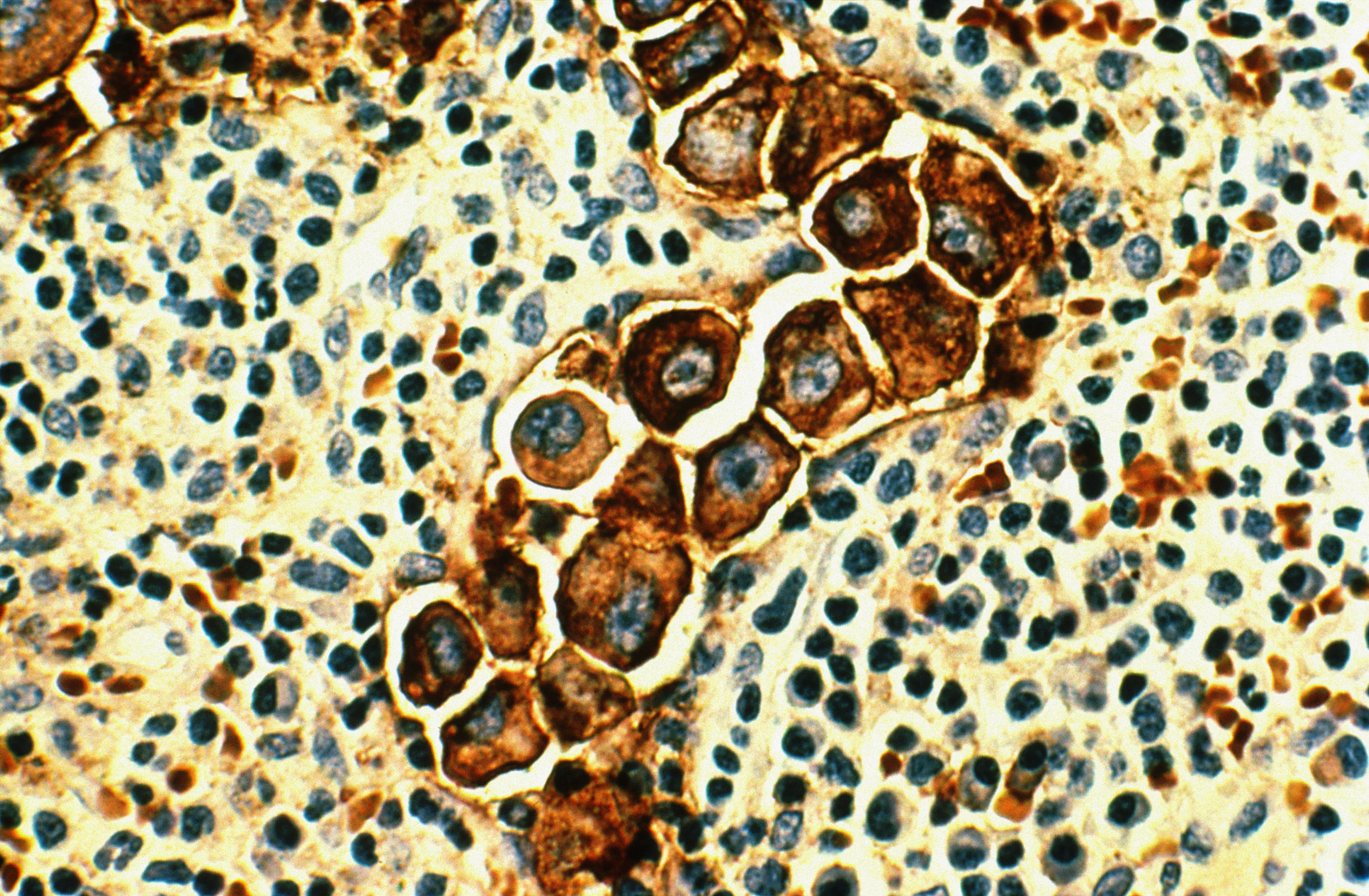
Re-establishing protein activity could slow cancers

Some early-stage cancers could be stopped from spreading by forcing tumour cells to digest themselves after reactivating a protein, researchers at the University of Bern have shown.
Cells have the capacity to literally renovate themselves. The process is known as autophagy, a form of self-digestion that can help healthy cells survive by removing debris.
“There are constantly proteins or organelles that are damaged in cells due to exposure from toxins or inflammatory responses, for example,” said Hans-Uwe Simon, professor of pharmacology at the University of Bern. “The cell needs to clean up the damage.”
Simon and his colleagues have shown that if this process, which also provides energy if needed, is impaired in a cancer cell, it could lead to the development of tumours.
“We found in some cancerous cells that a protein that regulates autophagy, ATG5, was not as present as it normally would be,” he added.
The study involved a group of almost 200 patients with melanoma and 150 patients with benign dark moles. ATG5 levels were lower in the tumours compared with the moles and normal skin cells.
It also turned out that patients with more of the protein in their early-stage tumours had a better outlook than those with low levels.
Controversial
The result can, however, be considered controversial. Most cancer specialists believe that tumours require two mutations to spread, a theory the Bern study seemingly contradicts.
So-called epigenetic changes which take place in the chromosomes could be responsible for subdued levels of the ATG5 protein. According to Simon, with the regulatory mechanism weakened, the tumour can develop.
“If the autophagy remains normal, there is only limited proliferation,” he told swissinfo.ch.
The study also looked at early-stage melanomas, which had not reached the metastatic stage where they spread beyond their point of origin.
“This is important because it is believed that at that point other mechanisms come into play,” Simon added.
Prognostic marker
Previous studies have shown that high levels of autophagy can help cancer cells survive drug treatment.
The results suggest that ATG5 levels in tumours could serve as a prognostic marker in patients with early-stage cancer, and also provide a clue as to how to treat them.
“We know that it is the modification of a promoter of ATG5 that leads to lower expression of the protein,” said Simon. “We can find a pharmacological solution to treat that problem, or we can turn to gene therapy to reintroduce the protein inside the cancer cells.”
The study is published in this week’s edition of the journal Science Translational Medicine.

In compliance with the JTI standards
More: SWI swissinfo.ch certified by the Journalism Trust Initiative






































You can find an overview of ongoing debates with our journalists here . Please join us!
If you want to start a conversation about a topic raised in this article or want to report factual errors, email us at english@swissinfo.ch.